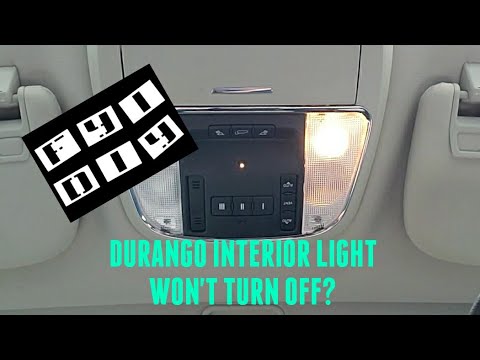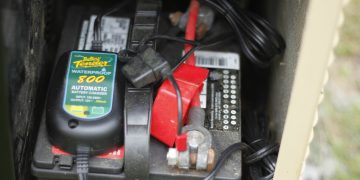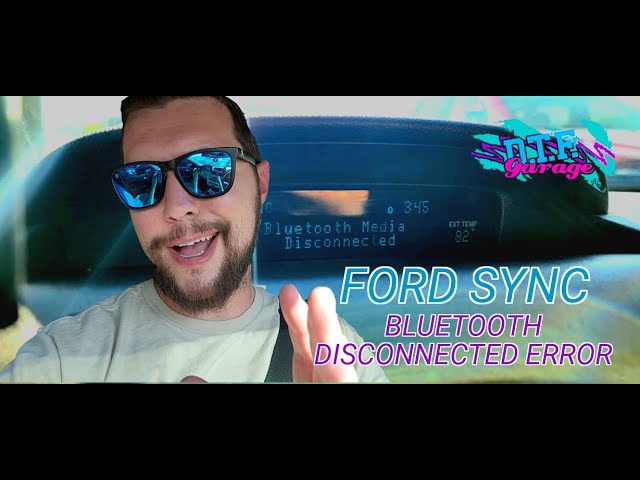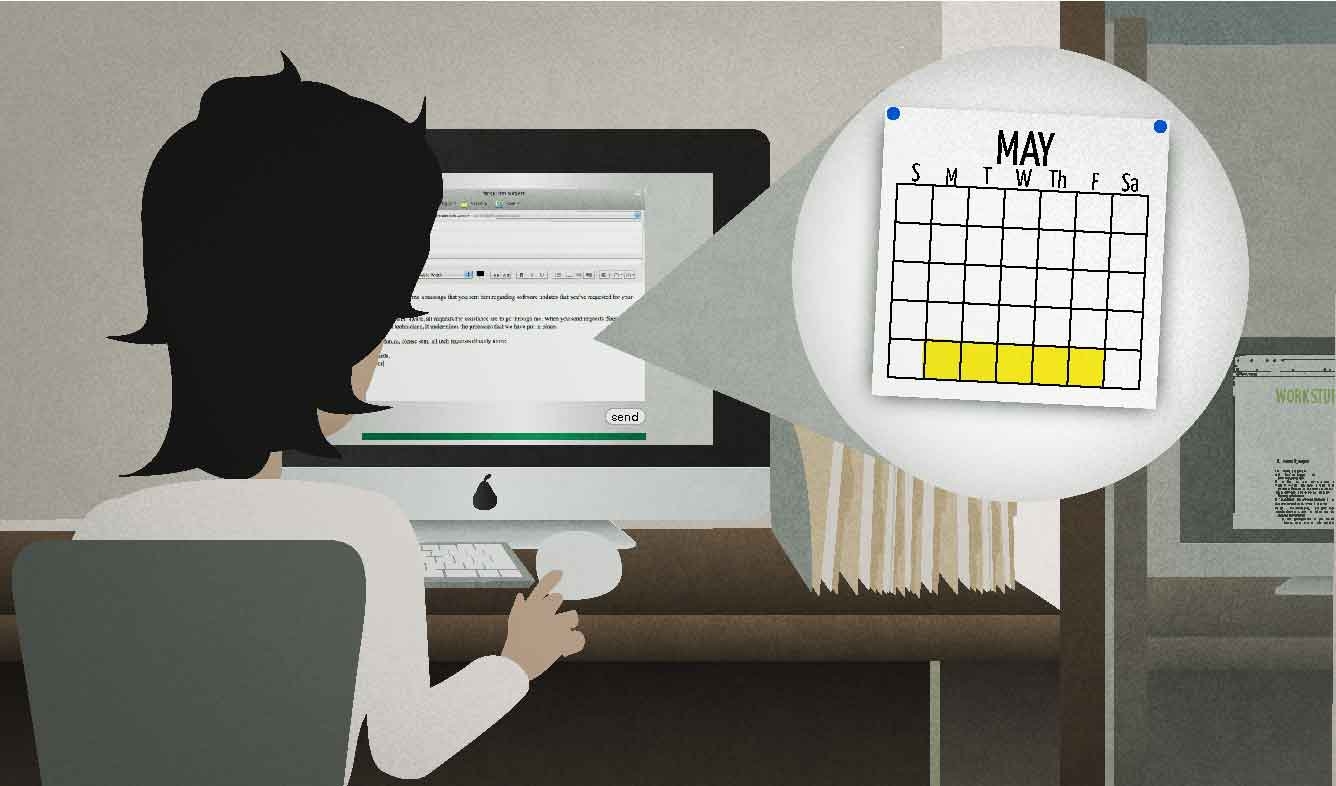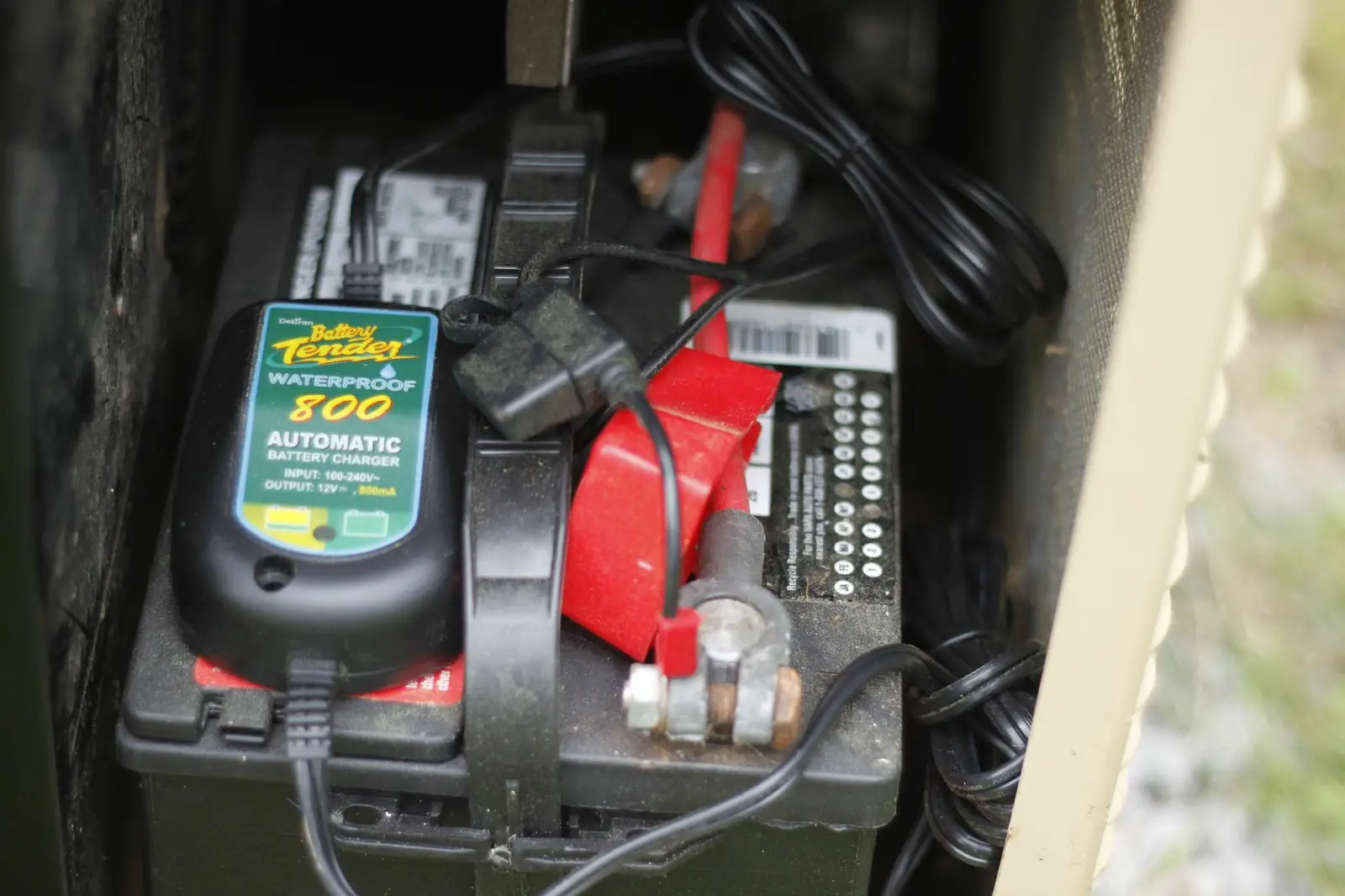If your Dodge Charger lights won’t turn off, check the light switch and the wiring for any damage or loose connections. Additionally, ensure that the timer for the lights is not set to remain on.
Dealing with an issue where the lights of your Dodge Charger refuse to turn off can be frustrating. This problem can drain your battery, potentially leaving you stranded. To troubleshoot this, start by inspecting the light switch and wiring for any visible damage or loose connections.
Be sure to also check that the timer for the lights is not inadvertently set to remain on. If the issue persists, seeking professional assistance from a certified mechanic or auto electrician may be necessary to diagnose and resolve the problem effectively.
Table of Contents
ToggleTroubleshooting Dodge Charger Lighting Issues
Are you dealing with the frustration of your Dodge Charger lights refusing to turn off? It’s a common issue that can be a real headache to deal with. Troubleshooting Dodge Charger lighting issues requires a systematic approach to identify and resolve the underlying problems. Whether it’s a malfunctioning dome light, headlights that won’t switch off, or other lighting malfunctions, taking the right steps to diagnose the issue is crucial. In this guide, we’ll delve into common electrical problems in Dodge Chargers, steps to diagnose lighting malfunctions, and the tools needed for troubleshooting.
Common Electrical Problems In Dodge Chargers
When dealing with lighting issues in a Dodge Charger, certain electrical problems tend to be recurrent. These can include issues such as faulty wiring, blown fuses, malfunctioning switches, or defective relays. Identifying these common electrical problems is the first step towards effectively troubleshooting lighting malfunctions.
Steps To Diagnose Lighting Malfunctions
Diagnosing lighting malfunctions in your Dodge Charger involves a systematic approach that starts with a thorough inspection and testing of the electrical components. This includes checking the fuses, inspecting the wiring, testing the switches, and ensuring the functionality of the relays. Following a structured diagnostic process can help pinpoint the root cause of the lighting issues and facilitate the timely resolution of the problem.
Tools Needed For Troubleshooting
Having the right tools at your disposal is essential for effective troubleshooting of Dodge Charger lighting issues. Some of the tools you may need include a multimeter for measuring electrical currents and voltages, a continuity tester for checking wiring integrity, and a set of screwdrivers for accessing electrical components. Being equipped with the appropriate tools can streamline the troubleshooting process and help in efficiently identifying and resolving lighting malfunctions.
Identifying The Cause Of Lights Failure
When your Dodge Charger lights won’t turn off, identifying the cause of the lights failure is crucial to resolving the issue. Whether it’s the interior lights, headlights, or any other illumination, troubleshooting the root cause can save you time, money, and frustration. By methodically inspecting the fuses and relays, testing the light switch functionality, and assessing wiring and circuit issues, you can pinpoint the source of the problem and take the necessary steps to rectify it.
Inspecting Fuses And Relays
Begin the troubleshooting process by inspecting the fuses and relays connected to the lights. To do this, locate the fuse box in your Dodge Charger and carefully examine each fuse and relay related to the lights. A blown fuse or a faulty relay could be the reason the lights won’t turn off. Use a fuse tester or multimeter to check their continuity and replace any damaged components as needed.
Testing The Light Switch Functionality
Another critical step in identifying the cause of lights failure is testing the functionality of the light switch. Ensure that the switch is operating correctly and that there are no loose connections or damaged wiring leading to it. Using a circuit tester, verify if the switch is sending the proper signals to the lights. If the switch is malfunctioning, it may be the primary cause of the lights staying on.
Assessing Wiring And Circuit Issues
If the fuses, relays, and light switch are not the culprits, it’s essential to assess the wiring and circuitry for any issues. Look for frayed, damaged, or corroded wires that could be causing a short circuit, preventing the lights from turning off. Conduct a thorough visual inspection and use a multimeter to test the continuity and voltage at various points along the wiring and circuits.
Dodge Charger Lights Won’t Turn Off
If you’re encountering the frustrating issue of your Dodge Charger lights refusing to turn off, you’re not alone. This common electrical problem can be caused by various factors, leading to potential safety risks and vehicle malfunction. Ignoring this issue can have dire consequences, making it essential to address and resolve promptly.
Potential Reasons For Lights Staying On
Understanding the possible causes behind your Dodge Charger’s persistent lights is crucial to effectively troubleshooting this issue. Several factors could contribute to this problem, including:
- Faulty door switches
- Malfunctioning body control module (BCM)
- Stuck relay or fuse
- Wiring issues
- Excessive electrical load
The Role Of The Body Control Module (bcm)
The Body Control Module plays a crucial role in managing various electrical components of your Dodge Charger, including the lighting system. Being a central hub for controlling functions such as door locks, interior lighting, and alarm systems, a malfunctioning BCM can directly contribute to the lights not turning off. Proper diagnosis and potential replacement of the BCM are necessary steps in resolving this issue.
Dangers Of Ignoring This Electrical Issue
Ignoring the persistent illumination of your Dodge Charger’s lights goes beyond mere inconvenience. It poses significant dangers and potential consequences, such as:
- Draining the vehicle’s battery
- Reduced visibility due to drained battery affecting other essential lights
- Risk of electrical fire due to prolonged strain on the electrical system
- Increased vulnerability to theft or vandalism in poorly-lit conditions
Fixing Persistent Charger Light Problems
If you’re facing issues with your Dodge Charger lights not turning off, it can be frustrating and concerning. However, there are steps you can take to resolve these persistent Charger light problems. By following a step-by-step guide, knowing when to seek professional help, and implementing long-term maintenance tips, you can ensure the lights of your Dodge Charger are functioning properly.
Step-by-step Guide To Resolving The Issue
To begin resolving the issue of your Dodge Charger lights not turning off, follow these steps:
- Check the battery: Inspect the battery to ensure it is not faulty or drained, which can cause electrical issues.
- Inspect the light switch: Ensure that the light switch is in the off position and functioning correctly.
- Check for faulty wiring: Look for any damaged or frayed wiring that may be causing the lights to stay on.
- Reset the computer: Sometimes, resetting the car’s computer system can resolve electrical glitches.
- Consult the manual: Refer to the owner’s manual for specific troubleshooting steps related to the Charger’s lighting system.
When To Seek Professional Help
If you have followed the step-by-step guide and are still experiencing persistent Charger light problems, it may be time to seek professional assistance. Professional help may be necessary if:
- The issue persists despite attempting troubleshooting steps.
- You are unsure about electrical components and fear causing further damage.
- You want to ensure the problem is correctly diagnosed and resolved by a trained technician.
Long-term Maintenance Tips
Once you have resolved the issue with your Dodge Charger lights, it is essential to implement long-term maintenance tips to prevent future problems. Consider the following maintenance tips:
- Regularly inspect the electrical components of your Charger for signs of wear or damage.
- Keep the battery and charging system in good condition to prevent electrical malfunctions.
- Follow the manufacturer’s recommended maintenance schedule for your vehicle.
- Stay alert for any abnormal behavior with the lights and address issues promptly to avoid long-term problems.
Aftercare For Electrical Repairs
Ensuring the proper aftercare for electrical repairs in your Dodge Charger is crucial for maintaining optimal functionality and safety. Additionally, the care and maintenance of vehicle lighting are essential for maximizing the lifespan of your vehicle’s electrical system. Proper aftercare includes following best practices for maintaining vehicle lighting, scheduling regular electrical diagnostics, and using quality replacement parts.
Best Practices For Maintaining Vehicle Lighting
When it comes to maintaining your Dodge Charger’s lighting system, there are several best practices that can help ensure its longevity and performance. These practices include:
- Regularly inspecting the condition of the lights, wiring, and connectors for any signs of wear or damage.
- Keeping the lights clean and free from dirt, debris, and moisture to prevent corrosion and electrical issues.
- Checking and replacing the bulbs as soon as they show signs of dimming or failure, as this can prevent strain on the electrical system.
Scheduling Regular Electrical Diagnostics
Scheduling regular electrical diagnostics for your Dodge Charger can help identify any potential issues with the lighting system before they escalate into major problems. Electrical diagnostics involve comprehensive testing of the vehicle’s electrical components and wiring to detect any anomalies or faults. By conducting these diagnostics at regular intervals, you can proactively address any electrical issues and maintain the optimal performance of your vehicle’s lighting system.
Importance Of Using Quality Replacement Parts
When it comes to replacing components of your Dodge Charger’s lighting system, using quality replacement parts is paramount. By opting for genuine or high-quality aftermarket parts, you can ensure compatibility, durability, and reliable performance. Quality replacement parts not only contribute to the overall longevity of the lighting system but also reduce the risk of electrical malfunctions and failures.

Credit: www.bertogdencadillac.com
Frequently Asked Questions On Dodge Charger Lights Won’t Turn Off
Why Won’t The Lights On My Dodge Charger Turn Off?
The lights may be malfunctioning due to a faulty switch or a wiring issue. Check the headlight switch and the wiring connections to diagnose the problem. It’s also possible that the timer module needs to be reset or replaced.
What Should I Do If My Dodge Charger Lights Stay On?
If the lights stay on, start by checking the headlight switch and the fuse for any signs of damage. Inspect the wiring for any loose connections or frayed wires. If the issue persists, consult a professional technician for a thorough diagnosis and repair.
How Can I Troubleshoot Excessive Battery Drain In My Dodge Charger?
Excessive battery drain could be caused by a variety of factors, such as a faulty alternator, parasitic draw, or a malfunctioning electrical component. Perform a thorough inspection of the charging system, battery, and electrical circuits to identify and address the root cause of the issue.
Are There Any Common Reasons For Lighting Issues In Dodge Chargers?
Lighting issues in Dodge Chargers can often be attributed to faulty headlight switches, defective wiring, or malfunctioning timer modules. Regular maintenance and prompt addressing of any issues can help prevent these common lighting problems.
Conclusion
To sum up, dealing with Dodge Charger lights that won’t turn off can be frustrating. By understanding the potential causes and utilizing the right troubleshooting steps, you can effectively resolve the issue. Whether it’s a faulty switch or a wiring problem, taking prompt action is key.
Don’t hesitate to seek professional help if needed.


